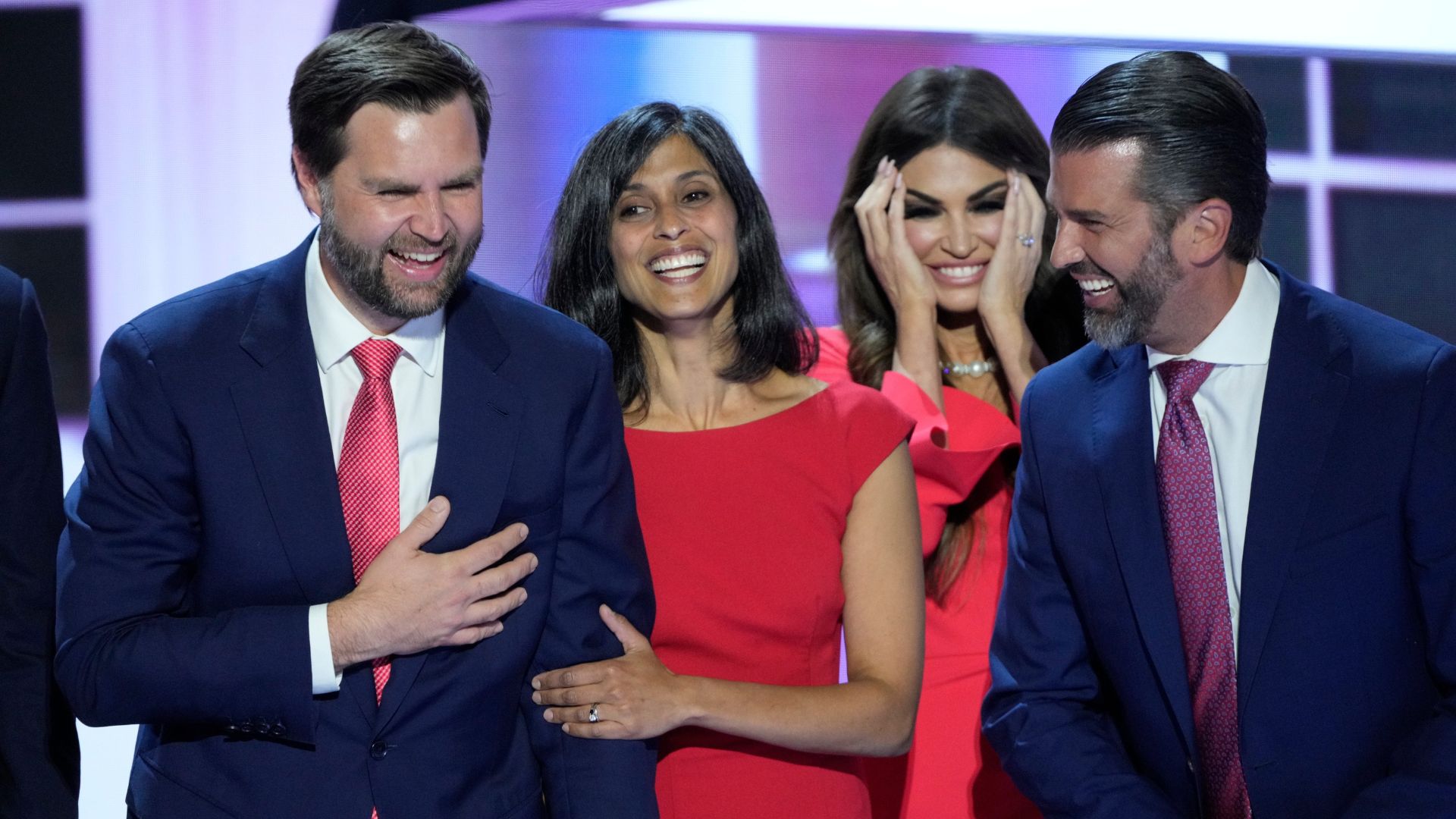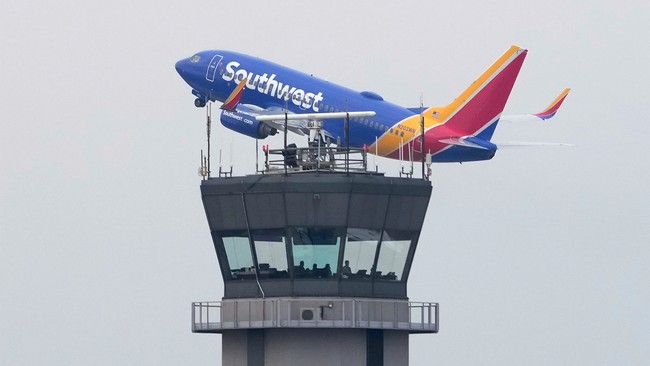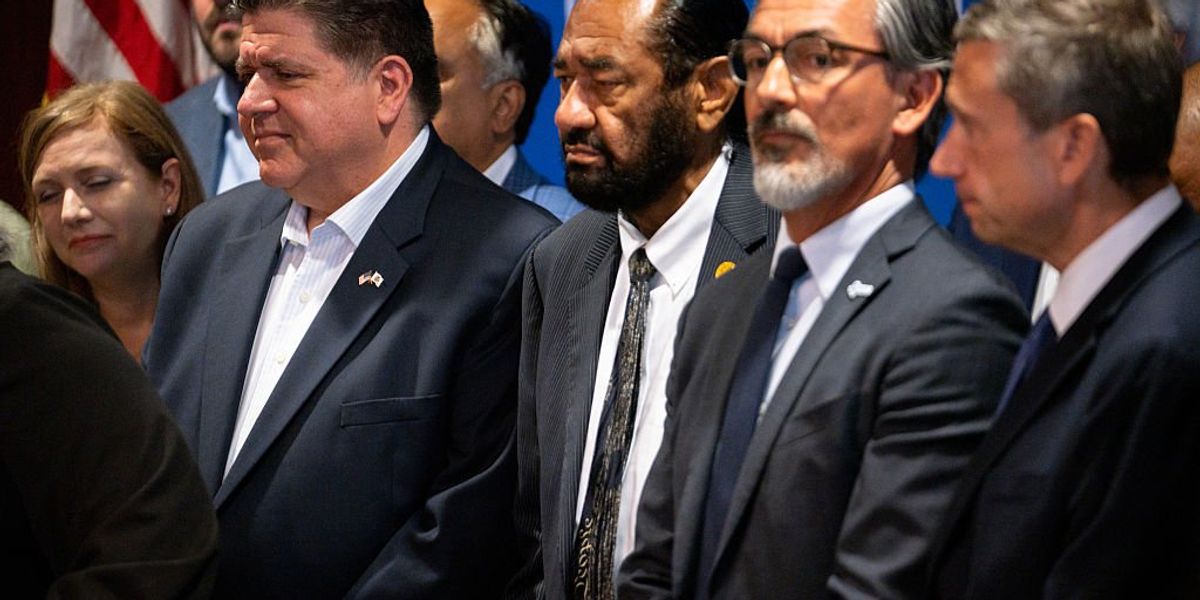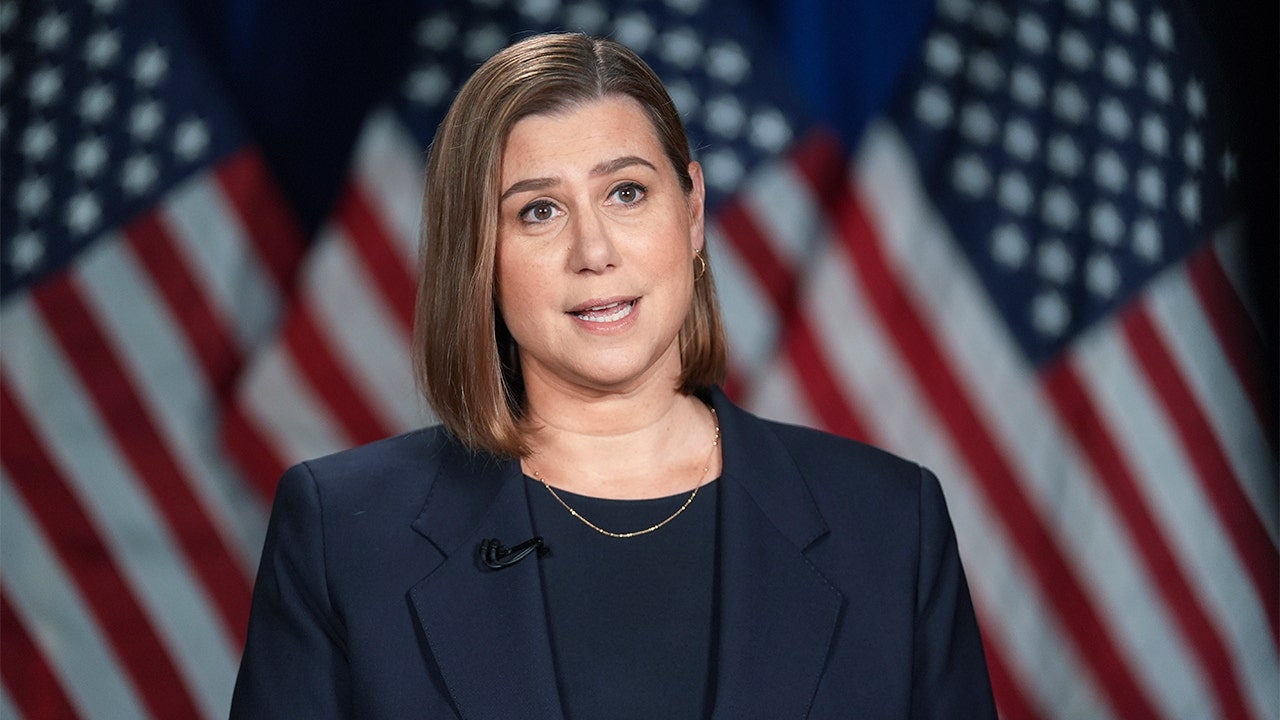Vice President JD Vance pushed back against MSNBC’s Mehdi Hasan after the left-wing commentator criticized the Trump administration’s decision to restrict The Associated Press (AP) from the White House press pool.
The exchange unfolded on social media after Hasan attempted to challenge Vance over the issue, but the vice president wasted no time in shutting him down.
Hasan directed his criticism at Vance in a post on X, writing, “Hey @JDVance, I know you’re busy lecturing the Europeans on free speech, but have you seen this?”
Dennis Quaid’s #1 Warning for Americans
The comment referenced a recent Axios report detailing the Trump administration’s decision to limit AP’s access, citing what officials described as long-standing partisan bias in the organization’s reporting and its editorial decisions in the AP Stylebook.
Hey @JDVance, I know you’re busy lecturing the Europeans on free speech, but have you seen this? https://t.co/jVoWE0Z5q1
— Mehdi Hasan (@mehdirhasan) February 17, 2025
Vance responded bluntly.
“Yes dummy,” he wrote. “I think there’s a difference between not giving a reporter a seat in the WH press briefing room and jailing people for dissenting views. The latter is a threat to free speech, the former is not. Hope that helps!”
Yes dummy. I think there’s a difference between not giving a reporter a seat in the WH press briefing room and jailing people for dissenting views. The latter is a threat to free speech, the former is not. Hope that helps!
— JD Vance (@JDVance) February 17, 2025
The dispute between the White House and AP comes after years of what conservatives see as biased reporting disguised as neutrality.
The latest clash was triggered when AP refused to recognize President Trump’s executive order renaming the “Gulf of Mexico” to the “Gulf of America.”
The news organization stated it would continue using the long-established name, a decision the administration saw as evidence of selective adherence to government policy.
White House Deputy Chief of Staff Taylor Budowich pointed to past AP decisions as evidence of inconsistency.
He noted that AP had complied with the Obama administration’s renaming of Alaska’s Mount McKinley back to its native name, Denali, but was unwilling to do the same under Trump’s order.
“This isn’t just about the Gulf of America,” Budowich told Axios.
“This is about AP weaponizing language through their stylebook to push a partisan worldview in contrast with the traditional and deeply held beliefs of many Americans and many people around the world.”
AP dismissed the allegations of bias, with a spokesperson stating, “AP is a global, fact-based, nonpartisan news organization… If AP journalism wasn’t factual and nonpartisan, this wouldn’t be the case.”
Vance’s quick response to Hasan reinforced a broader conservative argument that limiting AP’s White House access is not about silencing the press but about holding them accountable.
Hasan attempted to equate the move with a violation of press freedom, but Vance countered by pointing out the stark difference between White House press access decisions and actual government suppression of speech, such as jailing political dissidents.
The vice president’s comments follow his recent speech at the Munich Security Conference, where he criticized European leaders for their increasing restrictions on speech and the suppression of opposing viewpoints.
His remarks drew attention for calling out what he described as an entrenched establishment using censorship to control political narratives.
“To many of us on the other side of the Atlantic, it looks more and more like old entrenched interests hiding behind ugly Soviet-era words like misinformation and disinformation, who simply don’t like the idea that somebody with an alternative viewpoint might express a different opinion or, God forbid, vote a different way, or even worse, win an election,” Vance said at the conference.
JD Vance said this 3 days ago and it already aged like fine wine pic.twitter.com/vu8D2gWOV8
— End Wokeness (@EndWokeness) February 17, 2025
The controversy over AP’s access reflects the larger battle over media accountability and free speech, a debate that continues to define the Trump administration’s second term.
The opinions expressed by contributors and/or content partners are their own and do not necessarily reflect the views of LifeZette. Contact us for guidelines on submitting your own commentary.
Read the full article here









![Teamsters Boss Slams ‘Smug’ Kamala For Arrogant Endorsement Pressure [WATCH] Teamsters Boss Slams ‘Smug’ Kamala For Arrogant Endorsement Pressure [WATCH]](https://www.rvmnews.com/wp-content/uploads/2024/11/2024.11.05-11.10-rvmnews-6729fd332655d.jpg)


![DOGE Worker ‘Big Balls’ Attacked by Teenagers After Defending Woman—Trump, Musk Demand Federal Crackdown [WATCH] DOGE Worker ‘Big Balls’ Attacked by Teenagers After Defending Woman—Trump, Musk Demand Federal Crackdown [WATCH]](https://www.rvmnews.com/wp-content/uploads/2025/07/2025.07.30-02.17-rvmnews-688a29741cbcd.jpg)